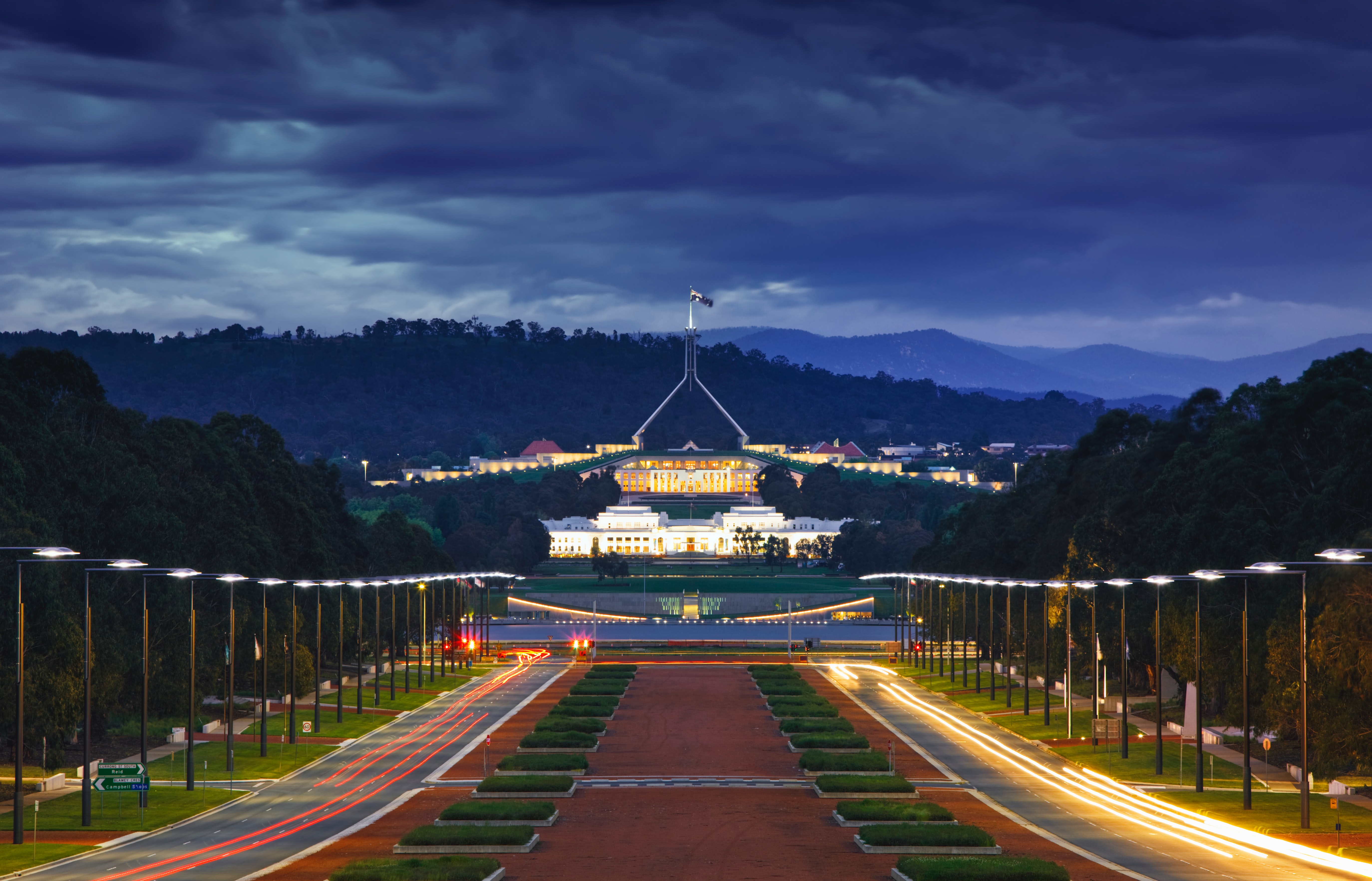There are many reasons why voters have increasingly lost trust and belief in our politicians and political processes – particularly how they seem to work the system to their own advantage, both personally and for perceived political advantage.
In many ways politicians act as if they are “entitled” – the “don’t you know who I am”, and “how important I am” syndrome. They seem to just forget or ignore that they are elected to represent their constituents, and to operate in the national interest.
Moreover, many seem to think your money, taxpayers’ money, should be spent at their whim to retain their seats, and to win other seats, sufficient to secure government, rather than to efficiently provide essential services and programs, and respond effectively to national issues and challenges.
In recent years we have seen a host of examples of self-serving spending. This has ranged from fairly “low rent” abuse, such as cheating on their expenses and electoral allowances, to conspicuous excesses such as Bronwyn Bishop’s use of a helicopter to avoid a 40-minute car trip, or use of VIP aircraft when commercial flights were readily available. There are also the various “sports rorts”, and many, many, other examples of large scale pork barrelling, even including major defence procurement and infrastructure contracts.
Recall Morrison’s spending of some $185 million to “have to reopen” Christmas Island, as they ran a scare campaign over the claimed “likely flood of refugees” from Nauru and Manus that would be triggered by to the Medivac legislation. As no refugees arrived, this turned out to simply fund a very expensive press conference on the Island, as Morrison sought to exploit the stunt.
In a similar vein, recall the submarine contract, hurriedly finalised before the last election, that is likely to ultimately cost about half a trillion dollars (including construction cost blowouts and ongoing maintenance) given to the French on the condition that the submarines would be mostly built in South Australia, when it would be a technologically inferior submarine, and mostly built in France, or elsewhere, but certainly not in South Australia. Unfortunately, our defence procurements are now seen as a “gravy train” for many international defence contractors.
To be clear, this is not just an attack on LNP governments, as Labor too has had its pink batts, school hall, and sports rorts scandals, and many others, where taxpayer money was also conspicuously misdirected and wasted.
There is also considerable evidence of the basic delivery of key services being exploited and misdirected in recent years with, for example, many childcare, disability care, and home care providers discovering their own gravy trains, at the expense of cost-effective service delivery to those in genuine need.
Another disturbing feature of government spending is the lack of continuous scrutiny, assessment relative to objectives, and full accountability. Some conspicuous failings, where the money often didn’t go to the stated purpose were evident in the various sports rorts schemes under both the LNP and Labor – money for lights for playing fields that either didn’t exist, or were already built; or for women’s change rooms where the women’s team had been disbanded.
There has also been an important blurring of spending responsibilities in recent years where the Commonwealth has made election commitments to spend on projects such as car parks at train stations, women’s change rooms, and a host of others, that have traditionally been state responsibilities.
This raises an important legal question as to whether the spending is genuinely conducted under a “head of legislative power”. For example, there is a very real question as to whether Bridget McKenzie actually had the power to intervene in the allocation of sports spending, especially cutting across the recommendations of Sport Australia to which the power had been given by the Parliament.
Unfortunately, the Commonwealth has developed a “culture” of using public money to buy popularity and votes that will be hard to contain. However, constitutional expert Anne Twomey is doing significant work to determine the “legitimacy” of government spending, and thereby the “legitimacy” of governments.
There is no doubt the Parliament will need to continue to expand its oversight and scrutiny of spending.
First published at the Canberra Times on Thursday 20 February 2020.





Recent Comments